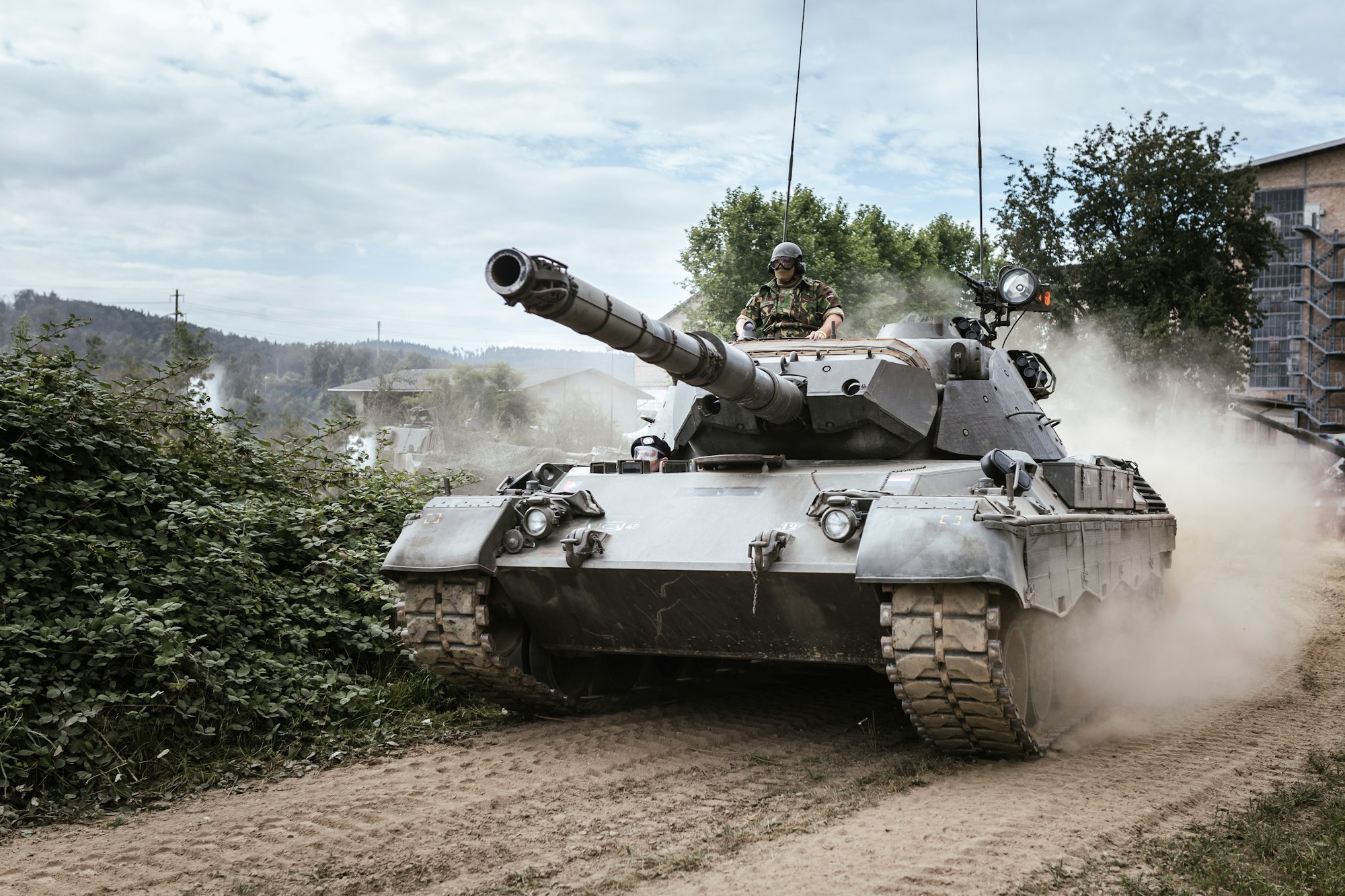Niger Coup D'état: A Defiant Standoff and Global Repercussions

In a shocking turn of events, Niger once hailed as a "model of democracy" in the region, has been thrown into political turmoil following a military coup led by General Abdourahamane Tchiani. The coup has seen the removal of democratically elected President Mohamed Bazoum and the suspension of the constitution, leading to widespread international condemnation and concern.
General Tchiani, who commands Niger’s presidential guard, has remained defiant in the face of international pressure, refusing to reinstate President Bazoum and criticizing sanctions imposed by West African leaders as “illegal” and “inhumane”. The Economic Community of West African States (ECOWAS) has imposed severe economic sanctions on Niger and threatened to use force if Bazoum’s presidency is not restored by August 6.
The coup sparked anti-coup protests in the normally peaceful capital city of Niamey, but the junta acted quickly and violently to quell dissent. A nationwide curfew was announced and the borders were closed. The coup has been a bitter blow for Western countries, particularly France and the US, who for a decade have viewed Niger as a reliable partner because of the relative stability it held in a region marred by terrorism, violence, and coups.
The coup has far-reaching consequences for Niger, its democracy, and the Sahel as a whole. The region, which includes Mali, Guinea, Burkina Faso, Chad, Mauritania, Senegal, Nigeria, Sudan, and Eritrea, has been marred by political instability, violent insurgencies, and the debilitating effects of the climate crisis. Niger sits at the center of this region, and before this coup presented itself as a bastion of stability - maybe not much of a flex when compared to the others.
The international response to the coup has been strong, with ECOWAS suspending ties with Niger and agreeing to immediate financial sanctions. France, Niger’s former colonial power, has said it “will not tolerate any attack on France and its interests”. The military junta has also accused France of plotting military intervention to reinstate the president – the French foreign minister has emphatically denied any such intention.
Despite ECOWAS’s hardline response, military-backed governments in the region have supported Tchiani, with Mali and Burkina Faso saying that any foreign intervention in Niger would be considered a declaration of war against them, too. Western countries, however, have strongly condemned the July 26 coup in Niger. Many of them saw Niger as the last reliable partner for the West in efforts to battle armed groups linked to al-Qaeda and ISIL (ISIS) in Africa’s Sahel region and fear the instability in the country could allow fighters to gain ground.
As the situation continues to unfold, the world watches with bated breath, hoping for a peaceful resolution that will restore democracy and stability to the region.

